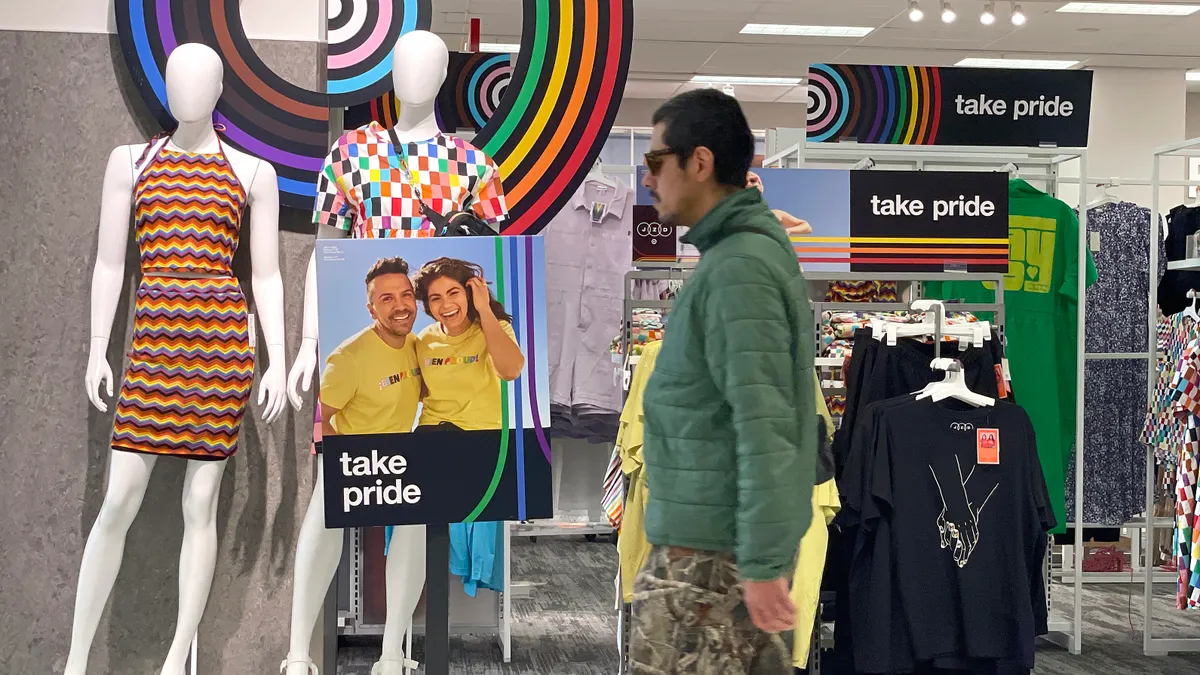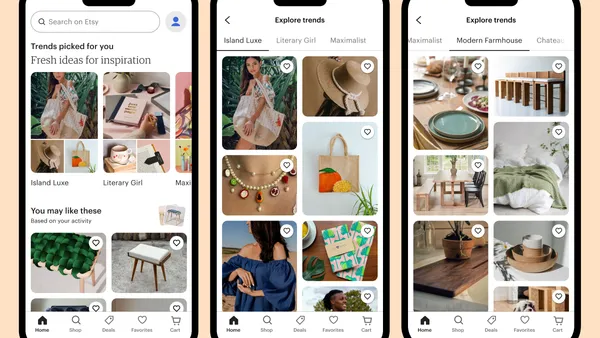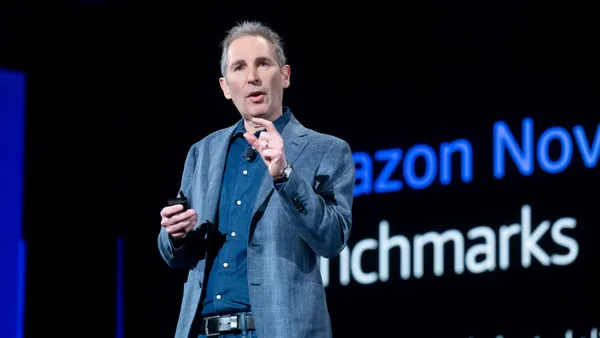Dive Brief:
- Salesforce introduced the Einstein Service Agent, its first fully autonomous AI chatbot, the company announced Wednesday. The software aims to directly assist customers and agents alike.
- Einstein Service Agent is capable of analyzing the context of a customer’s inquiry and autonomously determining the next best action through the use of large language models, Salesforce said. The software is designed to handle complex queries beyond the preprogrammed scenarios of a traditional chatbot.
- The AI agent is currently in a pilot program, and Salesforce plans for a wider launch later this year.
Dive Insight:
While most businesses are experimenting with generative AI assistants with internal applications, Salesforce joins Amazon in launching AI capabilities designed for customer interactions.
Salesforce launched Einstein Copilot, its AI-powered assistant, globally in February. The vendor has since continued to apply generative AI capabilities to worker-facing tools, including conversation mining to help call centers uncover the most common reasons for customer inquiries. It is now piloting its direct use with customers.
Most businesses have kept AI outside of customers’ sight for good reason. Customers remain distrustful of AI in custom service in general, and internal usage helps companies refine chatbots before exposing them to customers, according to Gartner.
However, customer-facing generative AI chatbots are starting to emerge. Klarna reported early success for its AI chatbot, which handled the work of 700 agents during its first month of operation. Amazon’s Rufus, which handles tasks like comparing products and viewing previous orders, received tens of millions of questions in its first months.
Frustrating experiences with pre-generative AI chatbots have left customers wary, but with proper implementation, generative AI chatbots can overcome customer distrust, according to Thomas Randall, director of AI market research at Info-Tech Research.
Part of the problem is potential for infinite loops in which customers are unable to resolve their issue or reach an agent. Einstein Service Agent aims to avoid this problem by letting companies set parameters for when the assistant will automatically escalate calls to a live agent.
Companies with chatbots should offer the option to connect with an agent whenever possible, according to Randall. If chatbots are available during periods when live agents are not, the company should make the time frames during which human assistance is available clear.
Early AI chatbots should be limited to narrow use cases that assist customers with low-stakes problems, according to Randall. The more complex the issue, the more likely the chatbot will fail to understand the situation. This is where humans will continue to shine.
“Misaligned use cases are typically complex issues requiring a trained professional or someone with specific knowledge of organizational policy, or situations requiring empathy and understanding,” Randall told CX Dive in an email.












